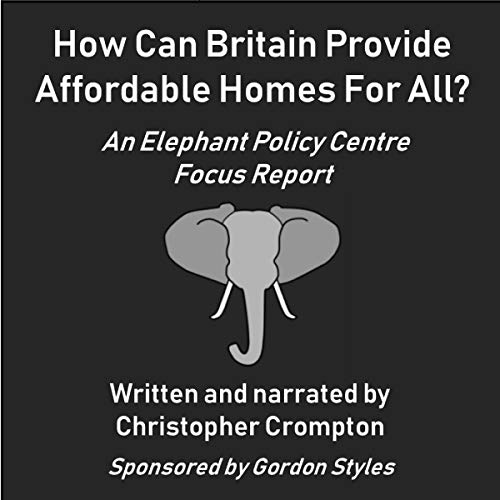The apparent crisis in housing affordability has been widely reported and hotly debated. Rapidly rising house prices have contributed to the rise of “Generation Rent”, a demographic of young adults who cannot readily follow their predecessors’ moves to home-ownership. Of those that do buy homes, high mortgage repayments mean that some are living in poverty. An increase in private renting has introduced instability to many lives and raised questions over the quality of accommodation, while levels of homelessness are rising. At the same time, those who were fortunate enough to purchase homes at the right time have made windfall gains in the market value of their property.
The result is a divided picture of haves and have-nots that is contributing to widening wealth inequality in Britain. Although other nations are experiencing similar trends, the growth of UK house prices over the last 40 years has happened faster than in any other OECD country. In the last decade, home-ownership in Britain fell for the first time since census records began.
So what needs to be done? Should Britain simply build more houses? Is it all an issue of bad planning? Is the problem made worse by immigration and foreign investments? Should the government do more to facilitate home-ownership, or do we as a nation need to move away from the aspiration of owning a home? Let’s find out what’s going on. This focus report draws on a wide range of sources including academia, public opinion, the media, governments, and other think tanks to answer the question: How Can Britain Provide Affordable Homes for All?








Reviews
There are no reviews yet.